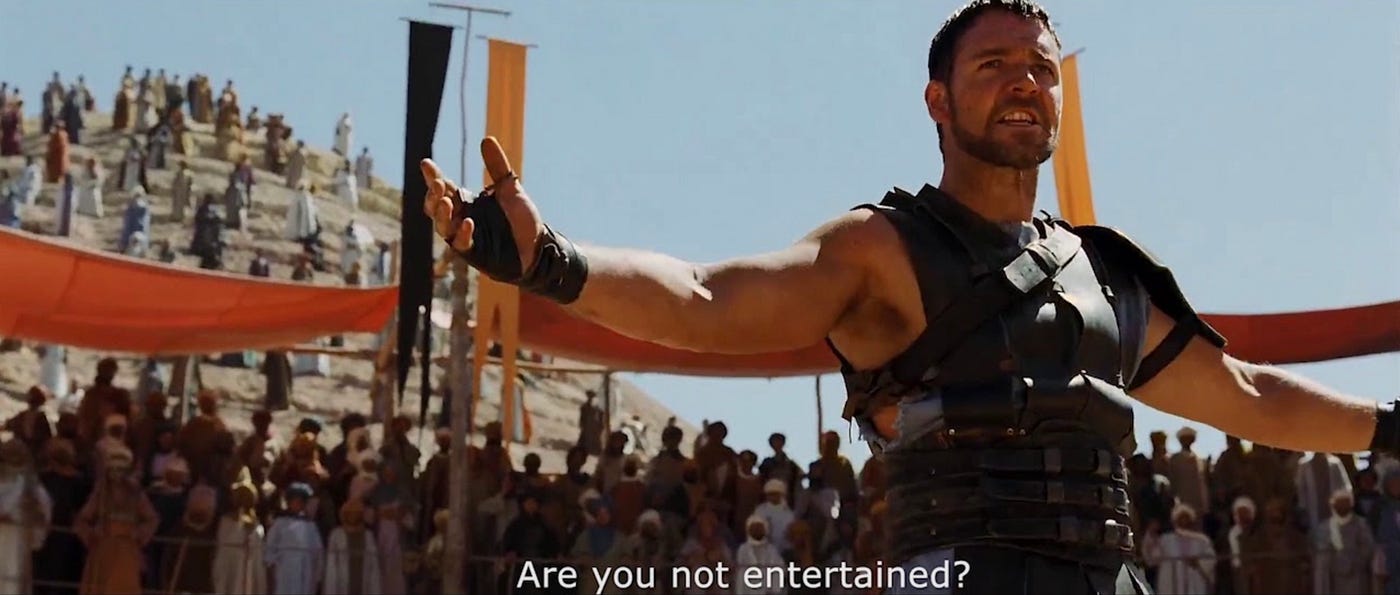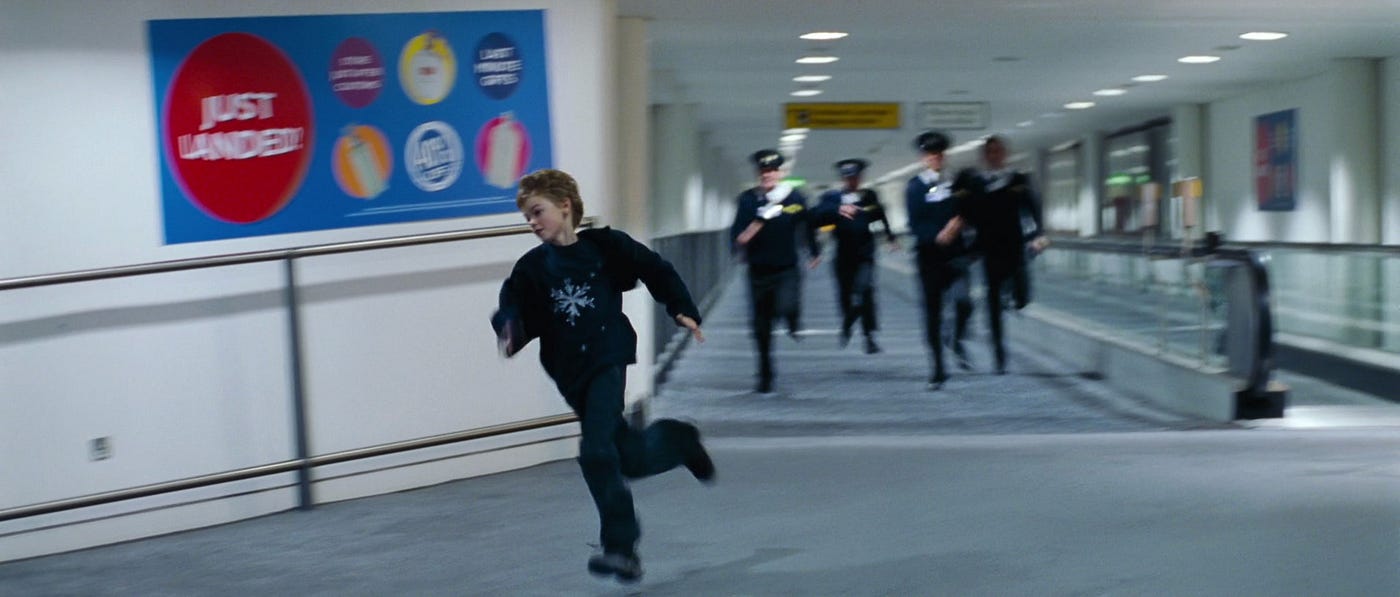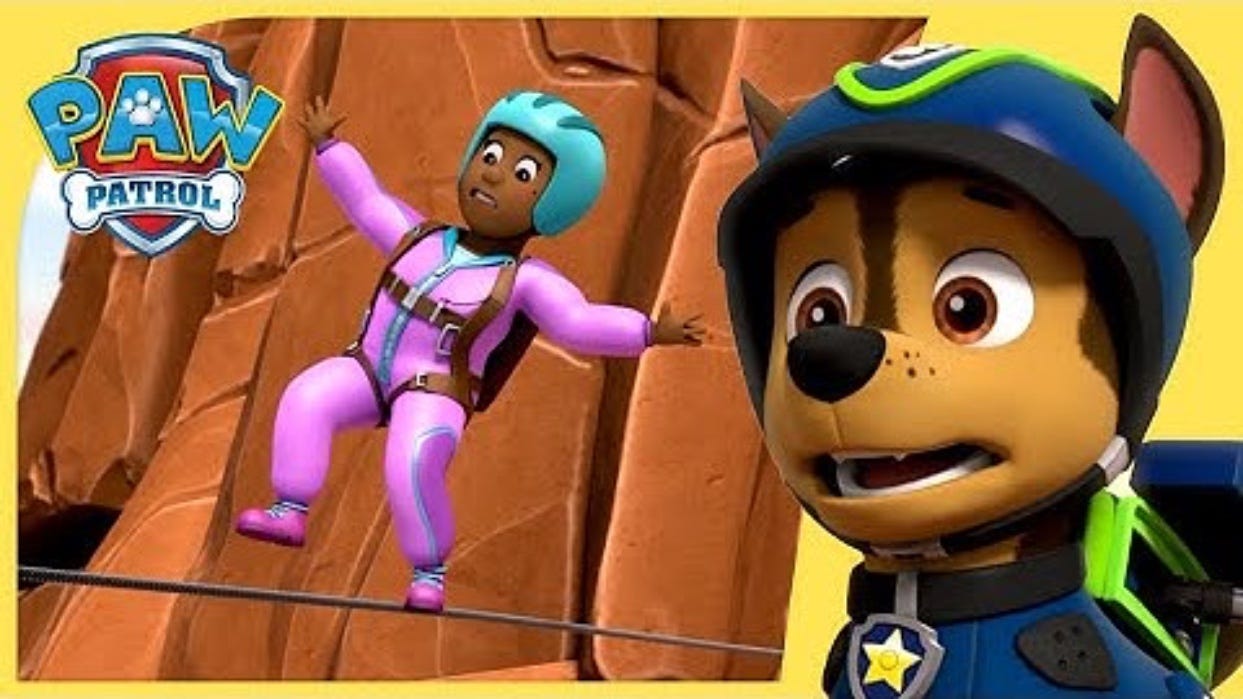Our Love/Hate Relationship With Violence

Violence, is supposed to solve every problem in movies and none in reality.Every film—from action to comedies—has violence as the climax or literal punchline.
People root for the plucky band of rebels blowing shit up, but are terrified when it actually happens. People cheer when the hero throws a righteous punch for the girl, but are horrified horrified when it happens in the real world.

We cheer violent individuals in the cinema and then jeer them on the news. We overthrow empires in our dreams and live under the most brutal one ever known. It is a dream world, this thing we call a real world. As Shakespeare said, ‘All the world’s a stage, And all the men and women merely getting played.’
Drama is all about tension, but this is internal tension. We have a deeply conflicted attitude towards violence and it is this central conflict that makes violent art interesting. It allows us to participate without having to take responsibility at all.
On the big screen, violence is satisfying, thrilling, and hilarious. But on the little screen of news, it’s terrorism, terrible, and must not be done. Our fantasies are all about individual violence, but our reality is a state monopoly on the form.
The plot of almost every action movie is some plucky band of outsiders, defying authorities and blowing shit up. This is just called terrorism in the ‘real’ world.We act out rebellion against power in the dark, but in the light, we’re its faithful servants. The same thing we cheer for in the cinema is vilified on CNN.

The truth is that major films like Star Wars and Love Actually are about terrorism. The Death Star was the Galactic Empire’s version of the Pentagon, and on theirnews, it must have been an outrage that it was blown up. That lovestruck white boy running through an airport would have been a completely different story if he was brown; kid would be tased until he threw up. We are sold this fantasy of rebellion, when in fact it’s not allowed.
In the real world, violence is monopolized by the state and especially the American (White) Empire which has armies of drones and stormtroopers all around the world, and reserves the right to kill, torture, or starve anyone (while calling it freedom™). And this is also ritualized (or lobotomized) through the film industry their War Department works so closely with.

American films are privatized propaganda, showing them murdering Muslims, Hispanics, and Russians on the regular. Their violent foreign policy becomes violent, personalized fantasies on screen. Muslims are swarthy terrorists, Hispanics are gun-toting drug dealers, Russians are toting around nukes. This of course justifies the violence done upon these people in real life, via cinematic caricatures. It actually feels good going to war with Russia. Americans have been primed for this since Rocky and Bullwinkle.

Genocide is also a constant narrative theme, a dream really. Every blockbuster film from the Avengers to Lord Of The Rings features the gleeful mowing down or wave after wave of nameless, faceless hordes. The climax of so many films is when every last one is killed, or drops dead because you removed their energy source.
Scarred orcs, lumpy CGI beasts, alien invasions. These are proxies for the poor and colored people that the imperial Army actually bombs, tortures, and starves to death. The ‘bad guys’ in these films are literally dehumanized and the crowds cheer for genocide. And so the population is locked and loaded for the latest warzone. People change their profile pictures to the Ukraine flag like it’s the latest Avenger.
Merchandizing

The truth is it’s all to sell merchandise, really. That’s where the real money is. Merchandizing! Just like violent fantasies are used to sell children toys, violent fantasies are used to sell adults heavy weaponry.

Young Americans watch the (Canadian) show Paw Patrol wherein a young Elon Musk takes over public services in ‘Adventure Bay’ (a proxy for Venture Capital). Young Elon uses technology and wealth to solve problems while the hapless colored mayor (voiced by a white lady for most seasons) gets mocked. The show is made by a toy company and is expressly designed to sell toys, there’s new merchandise every season.
In the same way, American war films might as well be produced by Raytheon. Every blockbuster shows technology and violence as the solution to problems. Take every Bond film, including the insipid latest one. The latest villain is just generically Russianish and the climax is Britain bombing some random island.The payload is that we need all these bombs to save the world. It’s all to sell merch, which actually gets dropped on the poorest people on Earth.
Like kid's cartoons, American media is just advertising for military toys. It keeps the public happily spending their healthcare and infrastructure money on bombs, drones, the latest fighter jets, nukes, and all this shit they don’t need, and which the people under them definitely don’t want.
Status Quo
People within White Empire are primed from childhood to justify the violent predations of Empire, and then given release in two ways. One through enacting rebellions against other Empires, which are obviously much worse, and the other through seeing imperial power used, but always for good.
Other Bad Empires
In Star Wars, for example, the Empire is evil (though younger generations now like stormtroopers and wear them on t-shirts). So people cheer when Luke blows up the Death Star and miss the point that the Pentagon is also a human-killer-base pointed at Earth.
Rebellion is commodified, packaged, and put on a t-shirt. Why devour your rebellions when you can stage them and sell popcorn? Then everybody feels like a rebel, while fundamentally doing what they’re told, hating who they’re supposed to hate, and ignoring what they’re supposed to ignore.
This Good Empire
People within Empire are also primed to see their obscene military and police forces as justified, because they might need all that heavy weaponry for alien invasions, or the armies of heavily armed drug dealers across the border, or just pissed off Russians with facial scars.
Even smaller-scale dramas like Stranger Things still end with the police cars coming to make everything whole again. You get to enact a violent fantasy for a few hours, and then it folds right back into the real world, where state violence is tightly controlled.
From kids programs to the most violent action movies, the narrative arc is much the same. You start in the ordinary world, and then some evil person wants to change it. Then that person is violently put down, and the ordinary world returns.

Take Christopher Nolan’s work like Batman, or TENET. In the former, some guy attacks the stock market and a billionaire violently puts him down. In the latter, the future wants to reverse climate collapse and a CIA agent crushes them. It looks like rebellions, but we’re actually cheering for the violent reassertion of an evil status quo. And that’s not even getting to the countless cop dramas, where they’re constantly tracking serial killers and not just tearing up homeless encampments and robbing people.
This narrative structure starts on childrens’ shows. In PJ Masks, some ‘bad kid’ tries to change the world and the ‘good kids’ quasi-violently put them down. They do this at night, effectively in a dream world. This is the narrative structure of almost every show, and while the level of violence changes, the story stays the same. Kids progress from watching heroes fly around and politely yell ‘stop!’ to watching outright murder and torture as adults. The diversity of the characters has increased over time, but the narrative structure is unchanged.
What we are watching are the commodified dreams of Empire, filtered through a screen darkly, which we pour into our waking moments, including the minds of our children. We dream of overthrowing that empire, while cheering the predations of this one. We watch a good family escape trouble on the big screen, and watch refugees drown on our smartphones. All the outrage we should be feeling is released through this dramatic dream world, so we will sleep through the waking one.
We are appalled at the ancients who watched public executions, but we watch people get killed and tortured all the time, and up close. The White Empire we live in also uses drama to kill dissension, and to justify the violent power it holds. The players change and the effects get better but—in truth—it’s the same bloody show.
We live under the most violent empire in human history, and its violent dreams stream out of every screen like a global Colosseum. Even if someone throws a sword at the crowd and screams “are you not entertained? Are you not entertained? Is this not why you are here?” people just cheer all the more.
From cartoons to comedies to action movies to the news, the globe now watches the same few narratives, all entrenching the same violent status quo. We are a deeply traumatized people, in this still-colonial world. Trauma is what we watch in drama, it’s what we watch on the news, it’s all we know. The only way we can rebel against the empire is in our dreams, but even those dreams are manufactured and controlled.
That’s why they say Americans will attack your country, then come back and make a movie about how bad it made them feel. That’s why those people understand World War II as a movie, in which tens of millions of Russians didn’t die or exist at all. And that’s why they gleefully court World War III, because it’s just another episode.
The simultaneous denial and delight in violence is the central contradiction of the modern, imperial world. Given that this Empire is everywhere, it’s a contradiction in our souls. We fucking love violence, and we also hate it. It’s around this internal drama that so much bullshit unfolds.
